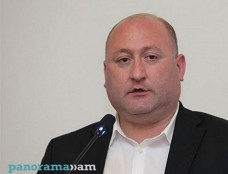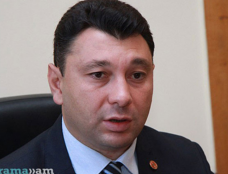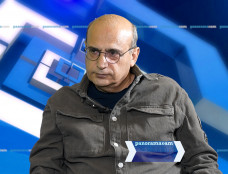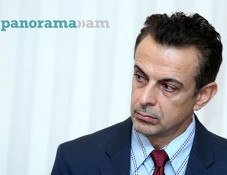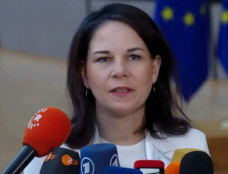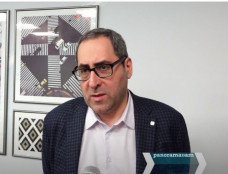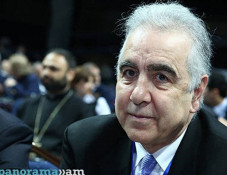
‘Ukrainians to pay extreme price for regime change through austerity’
Ukraine needs real economic development, not the US’s approach to aid, which is focused on just paying off the country’s foreign bond holders and does nothing to help ordinary Ukrainians, professor of political science Jeffrey Sommers told RT.
RT: The mayor of Sevastopol says he considers the new regime in Kiev to be illegitimate. Why is the West seemingly recognizing an unelected government that's risen to power on the back of an uprising?
Jeffrey Sommers: Well, because of course they think it will be in line with their interests to do so. So unfortunately what we have seen with the US policy, and it is not unique to the United States, [is that] they will support any group regardless of how they come to power as long as they are in line with US financial interests and they feel that they’ll be in line with them politically. So, for instance, in 1993 Boris Yeltsin sent the tanks against the Russian parliament, a highly undemocratic act, and of course the US supported that. So we see the same thing in Ukraine. If we feel that the government is going to be in line with US interests we’ll support it, if not we won’t. And if a group comes to power and does so even through the rather violent overthrow, through protests, [and] that results in a democratically elected government pushed aside, so be it as long as the US gets the government it wants.
RT: Do you think the current composition of the new government in Ukraine will lead to a viable government?
JS: Well, it is very difficult to say at this point, because the situation is so turbulent and I have to say that the US is not interested in having a fascist government in place. So while we do have these nationalistic extreme elements among some of those in the new Ukrainian government, the US certainly does not want those type of people in power. What is it hoping for is ultimately for it to be displaced and we can get more moderate figures that can be more or less controlled.
RT: We've heard many promises of financial aid from the West for Ukraine. How much do you think Washington is willing to chip in?
JS: Of course, the issue is whether or not they are going to have enough to pay their foreign bond holders. It is in the US’s interest to see that those bond holders get paid off. So my guess is that there will be an IMF-ECB standard stabilization program that will put in place the usual structural adjustment, or what is now called more fashionably austerity. And that there will be sufficient funds to pay off those foreign bond holders. But it is going to come with a rather extreme price for the people of Ukraine.
RT: How much damage has the unrest affected the country’s GDP and what can be done to help Ukraine?
JS: Well unfortunately their GDP was so low that I don’t think it is going to do too much damage in the short run. If you take a look at Ukraine versus Poland, Poland has twice per capita GDP that Ukraine does. So Ukraine’s relatively low level of development means that they are not going to sink too much further than they already are. But that is the real chief issue here that needs to be addressed. Ukraine needs real economic development and just paying off its foreign bond holders does nothing to develop the country. What we really need is an entirely new dialogue on what will be required to develop Ukraine and of course that would be things like ramping up its export of wheat, and seeing that we can do something to identify markets for some of its industrial products from the East. Of course, some of those already go to Russia, but perhaps investment from the EU can result in new industries located to the Western part of Ukraine that would actually purchase industrial products from the East. But unfortunately, again I see a kind of triage measure just designed to ensure that bond holders are paid off and nothing is done to develop Ukraine.
Newsfeed
Videos





